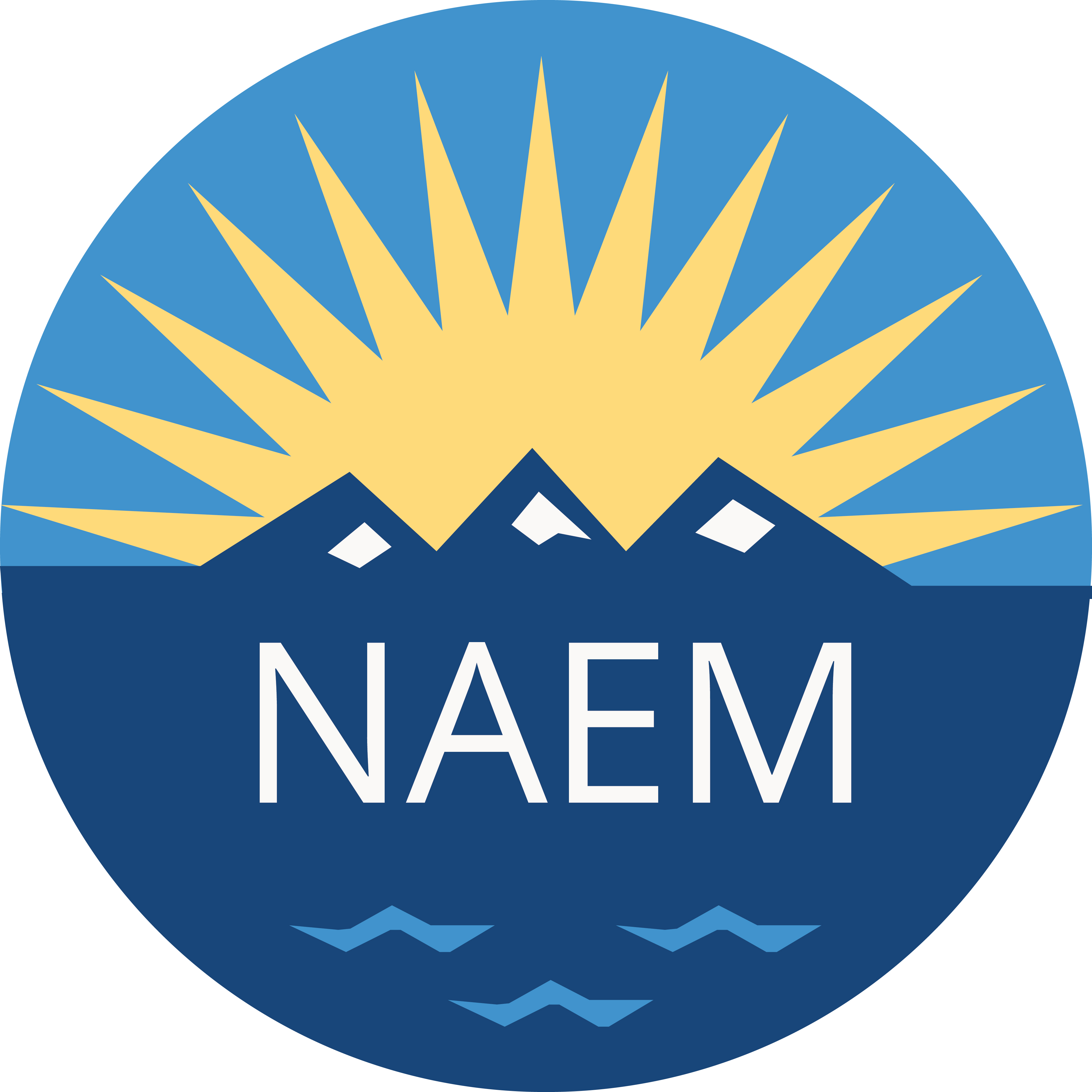Five Tips for Preparing Your First Conflict Minerals Filing

This post originally appeared on NAEM's Green Tie blog.
The deadline to disclose conflict minerals under the new Security and Exchange Commission rule is coming up in May. Doing anything for the first time can be a bit daunting, and with so much information to sift through, it’s hard to know where to start. To get some advice on how to prepare, we spoke with Kirsten Wallerstedt, Senior Regulatory Analyst with 3E. Here’s what she had to say:
Tip 1. Understand the impact of your filing: As you sit down to prepare your filing, Ms. Wallerstedt says it’s important to assess the impact that your public disclosure is going to have. “I think for many companies the biggest risk isn’t necessarily compliance or an audit, but it’s the response they’re going to see from their customer base, their investor base, or from NGOs,” she said. Since activists may use the public disclosures to create ratings and rankings, some of those impacts may be reputational. As such, “I think companies would be remiss to not really pay attention to the social or business ramifications of what they actually say in these reports,” she said.
Tip 2. Circulate the form early: “Most likely, to get it right, you’ll probably want to go through several rounds of revisions with input from different departments. And you’ll also want to look at this from different angles. ‘How does this hold up to the law? How does this hold up to the due diligence guidance? How does this hold up to an audit? How does this hold up to public scrutiny? And then which part of the public scrutiny are you thinking through? Is it through the eyes of your investors who are socially conscious? The eyes of customers? The eyes of these NGO groups?”
Tip 3. Explain your findings, no matter what they are: “If you are going to report anything that might be considered ‘bad news’, I would highly recommend that companies strategize how to disclose that information and if they’re going to report something that could be perceived negatively, they couch that within an explanation of processes they’re doing to prevent that from happening again,” Ms. Wallerstedt said. “A lot of the groups that will evaluate these filings will see this first report as a baseline and I think that they’ll be a lot more forgiving of companies that no matter what they find in the first year, the goal is to just uncover information, now that you have this information, how are you going to build your program going forward to try to ensure that you’re not sourcing from mines or refineries that fund conflict in that region.”
Tip 4. Look for language that reflects the SEC requirements: “Being able to use words that are in the regulation, that are in the law, other than saying, ‘We took these actions’, it might be very wise for someone writing the report to say, ‘In order to conform to the due diligence guidance, we took the following actions.’ Those small changes in wording can really help guide someone evaluating your report to believe that your company has done a really good job of trying to follow the law and also the spirit of the law.”
Tip 5. Show the efforts you’ve made and how you plan to improve: “A lot of companies are really planning to use this ‘undeterminable’ phrase in the first two filings… But as part of that, a lot of that evaluation that we should expect to see happening after the reporting deadline, I think a lot of the evaluation will focus on not just the efforts that were made, but also the plan that the company has put forward for how they’re going to improve and get this information in the future.”
For more advice on how to optimize your first conflict minerals filing, join NAEM and 3E for “Optimizing Your SEC Conflict Minerals Filing” on March 20.

